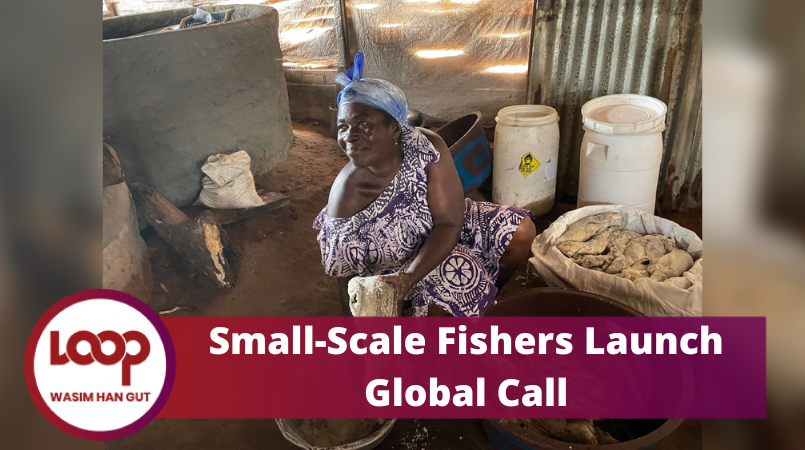
Small-scale fishers are the largest group of ocean users on the planet, and their fisheries provide food or income to half a billion people.
Yet in decision-making processes, their needs often come second to large corporate interests, and they are generally excluded from policy decisions that disproportionately affect their lives and livelihoods.
Without solid action now, the Lisbon conference threatens to further undermine community interests.
UNOC’s final draft declaration, entitled ‘Our ocean, our future, our responsibility’, fails to recognise the vast contribution that small-scale fisheries make to food security, employment, income and ocean protection and even endorses initiatives that may undermine this vital role.
The declaration emphasises the intention to ‘develop and promote innovative financing solutions to drive the transformation to sustainable ocean-based economies’.
Small-scale fishers from Africa, America, Asia, the Pacific and Europe, have launched a global call to action to ensure their voices are heard by decision-makers at UNOC.
Gaoussou Gueye, President of Confédération Africaine des Organisations de Pêche Artisanale (Senegal), said: “We are concerned about the marginalisation of small-scale fisheries within the blue economy strategies of our countries.
“We cannot survive if we have to compete with powerful, polluting and environmentally destructive sectors in the marine and coastal environment. In the face of this threat, we call on governments to adopt a precautionary approach, and to say, ‘do not give the green light to a destructive blue economy!’”
Micheline Dion Somplehi, President of the union of women fish processors cooperatives (Union des Sociétés Coopératives des Femmes de la Pêche et assimilées de Côte d'Ivoire/Ivory Coast), said: “Artisanal fishing is as much about women as men.
“But their contribution is often invisible, while their working conditions are disastrous. It is essential that governments make a visible and sustained commitment to recognising them as key players in the fishing industry, who are at the origin of many innovations that enable better use of our resources for the benefit of our populations.
“For this to happen, women must have access to financing, fish resources and social well-being. It is under these conditions that we will be able to protect these oceans, which are the lifeblood of our existence.”
Together, the Small-scale fishers are asking governments and world leaders to protect and increase support for small-scale fisheries.
They are calling on decision-makers to:
- Urgently secure preferential access and increase co-management of coastal areas
- Guarantee and promote the participation of women in fisheries
- Protect small-scale fisheries from competing blue economy sectors
- Increase transparency and accountability in fisheries management
- Increase support to communities, especially young people, to deal with the consequences of climate change
(Mami Gini, a member of the women’s fish processors cooperative in Grand Béréby, transforms spoiled fish into adjovan, or “African Maggi.” Photo: RP)
